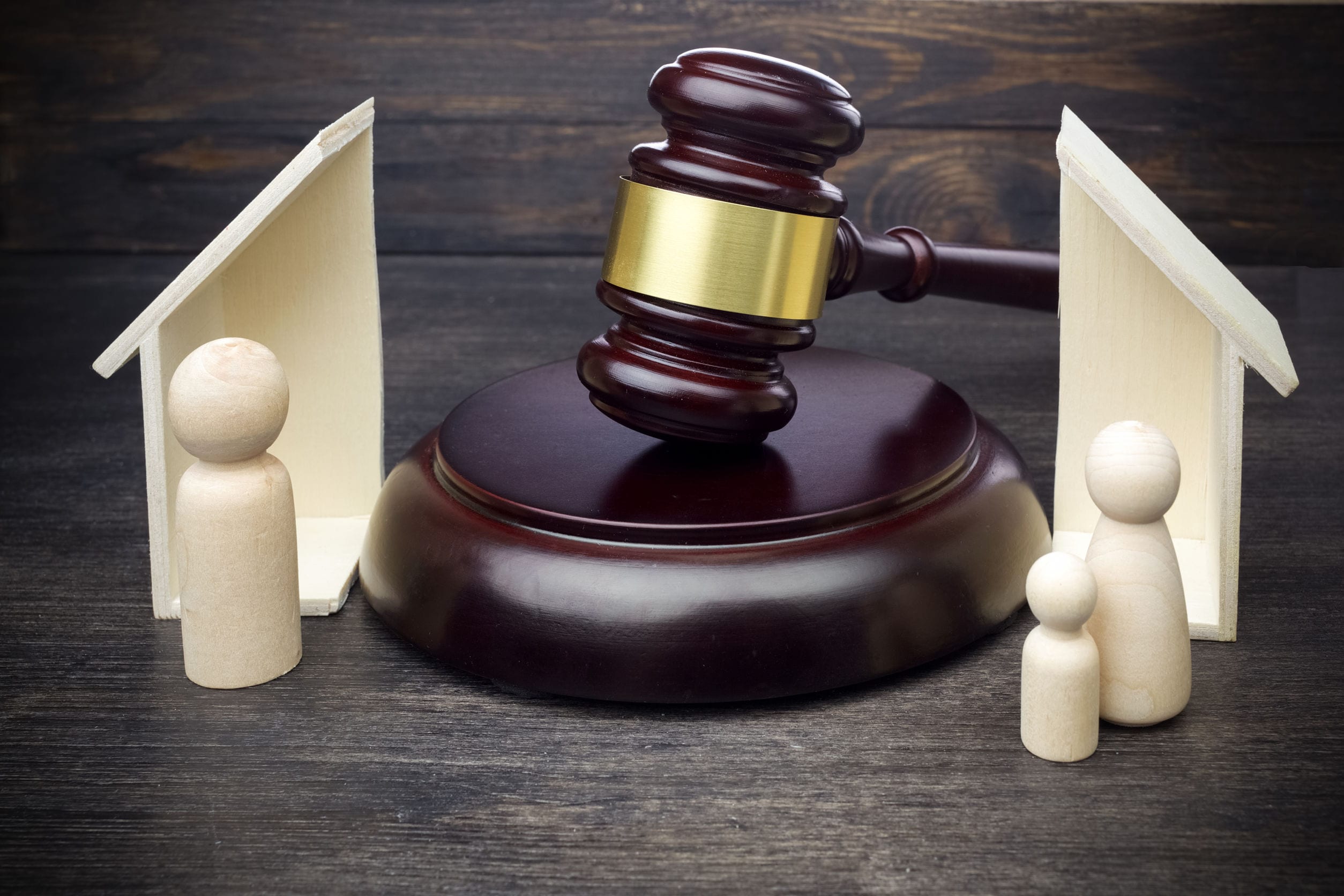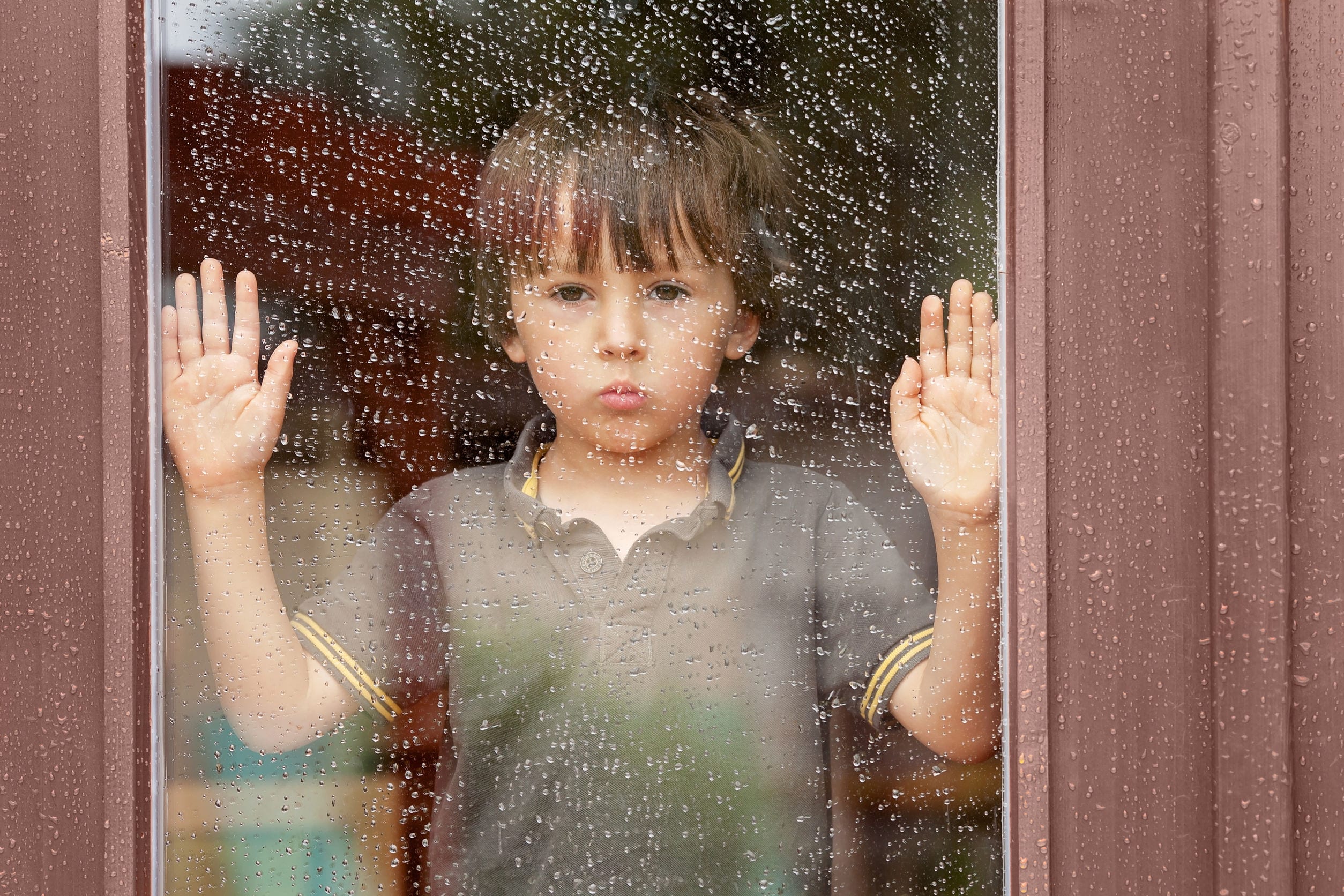MN Law on Child Supervision is Vague — Your Ex’s Attorney Won’t Be
Minnesota law does not provide a specific age or circumstances under which a child can be left home alone or under the care of another child. However, there are general laws that require adequate and appropriate supervision of minor children.
In general, Minnesota child supervision guidelines are vague and suggest that parents use common sense regarding child supervision.
That said, if you are facing a potential divorce or child custody case, it’s likely that your ex (and their attorney) will be carefully tracking the supervision of the children while they’re in your care, looking for slip-ups that could paint you as a negligent parent.
We’ve put together a guide covering the general child supervision guidelines laid out by the state, and also how any errors can be used against you in determining child custody.
MN Child Supervision Guidelines
Minnesota law provides the following age-based guidelines for when children can be left home alone or under the care of another child:
- < 8 years: Never to be left alone for any period of time
- 8-10 years: May be left alone for less than 3 hours
- 11-13 years: May be left alone for less than 12 hours
- 14-15 years: May be left alone for less than 24 hours
- 16-17 years: May be left alone for longer if a plan for how to respond to an emergency is in place
Children under the age of 11 are not allowed to provide care to other children in the household. For children age 11 or older, the above limits based on age apply. For example, a 13-year-old should not be left alone to babysit for more than 12 hours.
Other Factors that Impact Child Supervision
Although age can be used as a general guideline to determine child supervision, certain circumstances can affect whether a child should be left alone:
- The child’s mental ability and maturity level
- Accessibility of the child’s caretaker by phone and/or in-person
- Intellectual deficits, psychological issues, mental health conditions, and physical problems such as illness and disability
- Past behavioral history of suicidal thoughts or actions, arson, delinquency, vandalism or assault
- Whether the child will be using appliances such as a stove or iron
- Fire safety, including a well-implemented and rehearsed fire drill and working smoke detector
- Hazards in the home such as unsecured firearms or ammunition
Child Supervision Can Affect Custody Battles

Clearly, there are some gray areas when it comes to child supervision in Minnesota. If you’re facing a child custody battle, you can expect for your ex’s attorney to exploit these gray areas, using any discrepancies to paint you as a negligent parent. This could affect your ability to see your children for many years.
This means that if you’re currently separated from your partner and sharing child custody, it is absolutely essential to make sure that the children are fully supervised while under your care.
It’s also best to document that the children are supervised if possible, such as by providing a written record of childcare if you’re away from home while the children are under your supervision.
The bottom line is that if you are facing a divorce or child custody battle, or think that you might be in the near future, it is imperative to follow all child supervision guidelines and avoid errors that could be used against you in family court.
About the Author:
Andrew T. Poole is a Minnesota native who has served in the Army for more than 18 years and is currently a JAG lawyer in the Army Reserves in addition to serving as a partner at LaCourse, Poole & Envall. He has handled thousands of criminal and family law cases over the course of his career and has a firm belief that all hardworking Minnesotans should be entitled to the best possible legal counsel. Mr. Poole boasts a 10/10 Superb rating on Avvo, is Lead Counsel rated, and has been recognized multiple times by SuperLawyers, National Trial Lawyers, and others for his work.
















